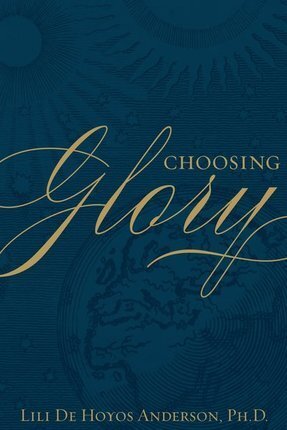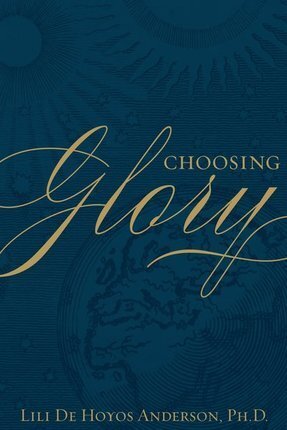How can we find answers to difficult questions or receive inspiration, even while we sleep? Dr. Judith Orloff offers some interesting insight and suggestions.
As we continue to study the first chapters in I Nephi as a Church, the dreams of Lehi and Nephi generate a great deal of fascinating study and discussion. The inspiration, guidance, comfort, visions, predictions and more are beyond rich and change not only lives, but history. Nephi and Lehi’s roles as prophets render them worthy of these dreams. I personally marvel with all the epic dreams in the scriptures as something divine, and far beyond an ordinary life.
In truth, however, we each dream and within those dreams are personal inspiration, guidance, comfort, visions and predictions. “Oh, sure!” you may scoff. “Who but the prophets and very special people ever remember their dreams?” Or … “My dreams are nothing special! In fact, most of the time I don’t dream, or if I do, they are long gone when I wake up.” Or … “The disconnected nonsense of the dreams I remember feel like jigsaw puzzle pieces from several different puzzles. It’s not important.”
That’s how I’ve always felt, until a personal quest led first to the LDS book I provided last week, Choosing Glory by Dr. Lili Anderson, and then a second book, Emotional Freedom by New York Times Best-Selling author Dr. Judith Orloff . . . Dr. Orloff’s excellent writing style, however, easily and delightfully educates and provides the tools for how to ask for dreams, remember them and implement them.
She says: “Dreams are naked truth. Sleep stills your mind so dreams can offer tools to teach you how to put your emotions on center stage so you can more clearly see your strengths and areas that need healing. The concept of seizing every moment takes on new meaning when you consider that over a 70 year period, you’ll spend at least a quarter of your life asleep and devote 50,000 hours or more to dreaming, the equivalent of 5 years. (Emotional Freedom, Three Rivers Press, page 61.)
Choosing Gloryconsiders the doctrine of celestial, terrestrial and telestial realms, suggesting that here on earth we deal with all three kinds of individuals, behaviors, institutions, and ways of life. Dr. Anderson applies a three realm perspective to daily choices, dating, marriage, parenting, stress and progression. She offers concrete tools to help us find safety from telestial elements that threaten our peace and reminds us that we were meant for more than a good terrestrial life. This book invites us to recognize that every day we are in fact choosing glory.



